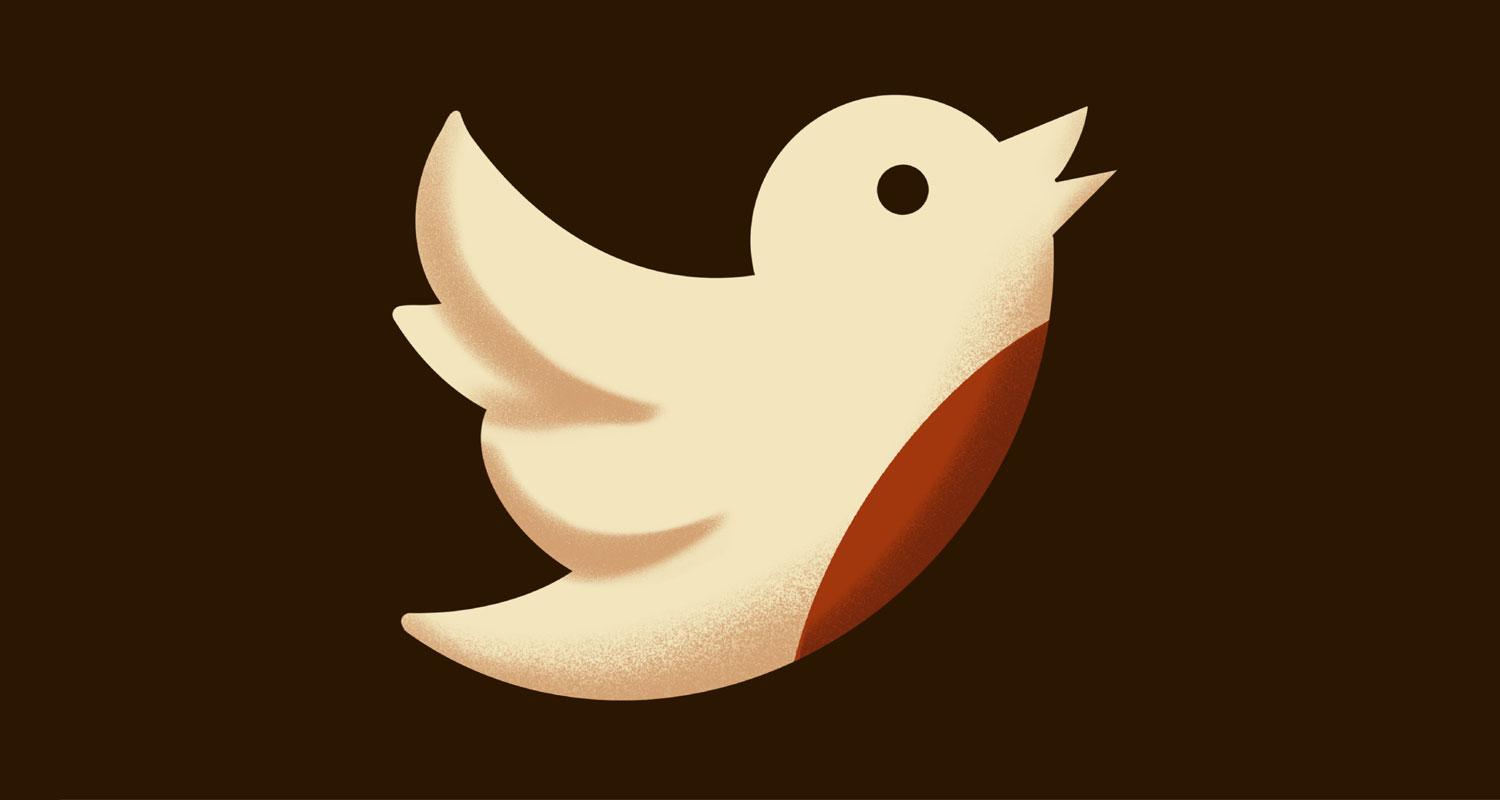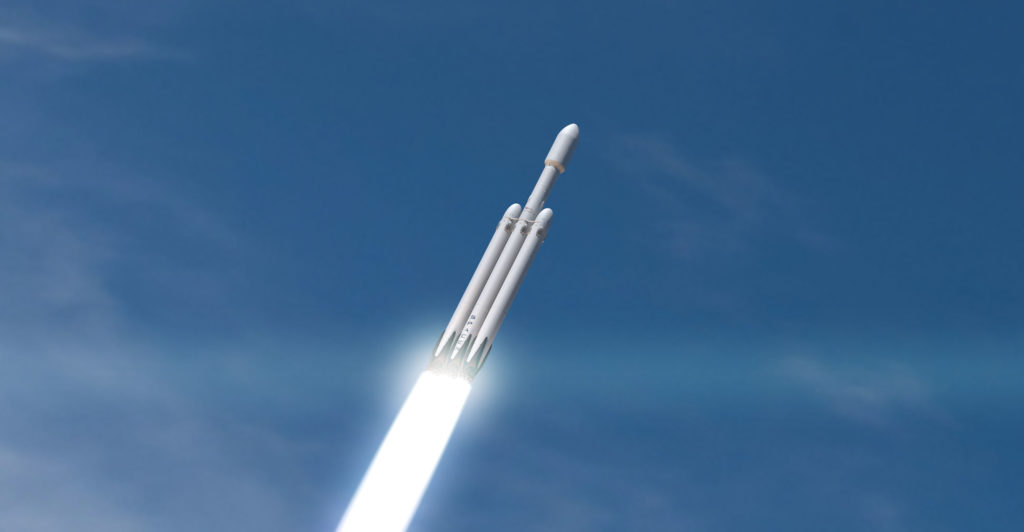 Twitter has adopted a measure that would shield it from hostile acquisition bids, taking steps to thwart billionaire Elon Musk’s unwelcome offer to take the company private and make it a bastion of free speech.
Twitter has adopted a measure that would shield it from hostile acquisition bids, taking steps to thwart billionaire Elon Musk’s unwelcome offer to take the company private and make it a bastion of free speech.
The board set up a shareholder rights plan, exercisable if a party acquires 15% of the stock without prior approval, lasting for one year only. The plan seeks to ensure that anyone taking control of Twitter through open market accumulation pays all shareholders an appropriate control premium, according to a statement Friday.
The Tesla CEO on Thursday offered US$54.20/share in cash for Twitter, valuing the social media company at $43-billion. Musk, who said it was his “best and final” offer, had already accrued a stake of more than 9% in Twitter since earlier this year. Twitter’s board met on Thursday to review Musk’s proposal to determine if it was in the best interest of the company and all of its shareholders.
A poison pill defence strategy allows existing shareholders the right to purchase additional shares at a discount, effectively diluting the ownership interest of the hostile party. Poison pills are common among companies under fire from activist investors or in hostile takeover situations.
Included in Musk’s securities filing disclosing the bid on Thursday morning was a script of text he sent to the company. In it he said, “It’s a high price and your shareholders will love it.”
At least one prominent investor, though, said the offer was too low and the market reaction appeared to agree. Saudi Arabia’s Prince Alwaleed bin Talal said the deal doesn’t “come close to the intrinsic value” of the popular social media platform.
Speaking later on Thursday at a TED conference, Musk said he wasn’t sure he “will actually be able to acquire it”. He added that his intent was to also retain “as many shareholders as is allowed by the law”, rather than keeping sole ownership of the company himself.
Deal unlikely
Twitter shares dropped 1.7% in New York on Thursday, reflecting the market’s view that the deal is likely to be rejected or to fall through.
Musk first disclosed his Twitter stake on 4 April, making him the largest individual investor. At the TED conference, he indicated that he has a plan B if Twitter’s board rejects his offer. He declined to elaborate. But in his filing earlier in the day, he said he would rethink his investment if the bid failed.
“If the deal doesn’t work, given that I don’t have confidence in management nor do I believe I can drive the necessary change in the public market, I would need to reconsider my position as a shareholder,” said Musk. — Jillian Ward, (c) 2022 Bloomberg LP




